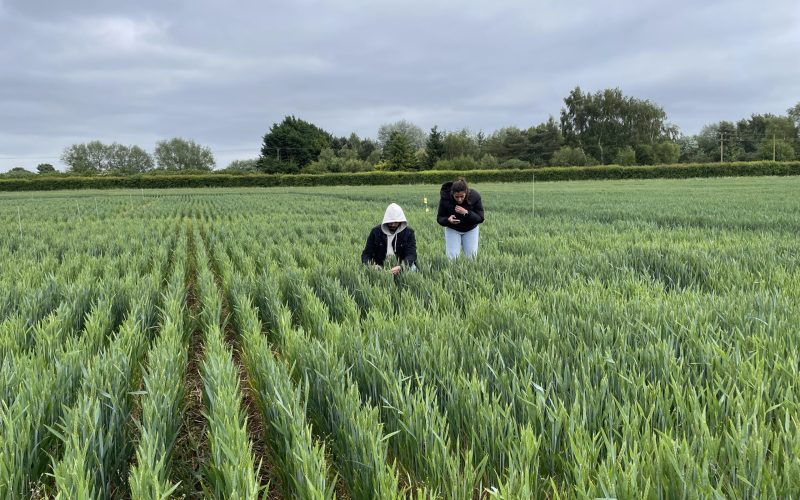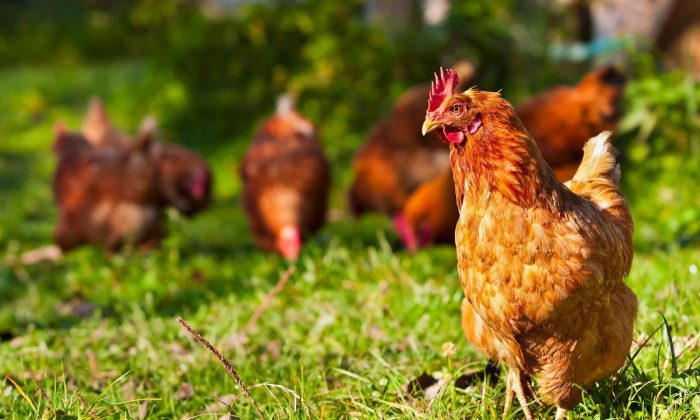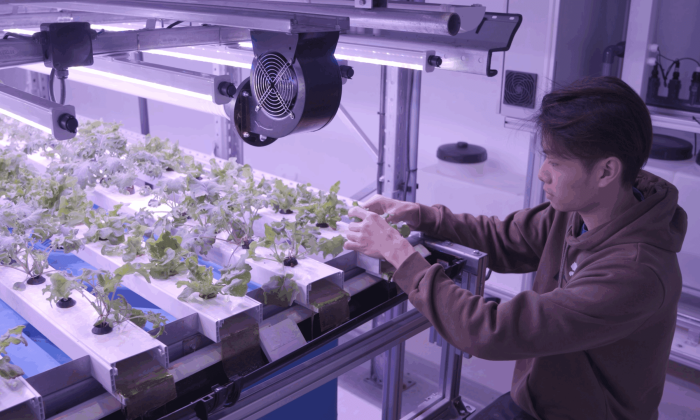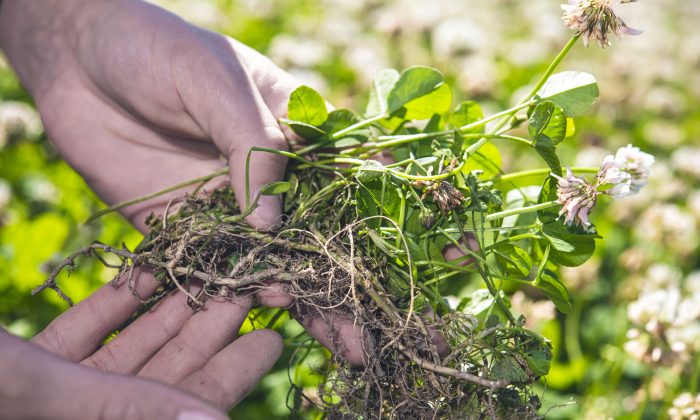What is the R-Leaf project?
Under the Farming Innovation Programme, Defra has funded a £1m project to investigate the potential to create a foliar photocatalyst-and-endophyte prototype that can help cereal and oilseed crops fix their own nitrogen. The project, delivered through Innovate UK, promises not only to improve growers’ profit margin but also to reduce air pollution.
Using technology developed by Crop Intellect, a foliar spray that contains a photocatalyst – a material that accelerates chemical reactions when exposed to light. The photocatalyst is a specially processed titanium dioxide, which utilises natural daylight to capture and convert nitrogen oxides (NOx) gases into nitrates directly on crop foliage.
At the same time, R-Leaf breaks down atmospheric N2O, a GHG 265 times more potent than CO2, into benign nitrogen and oxygen, reducing net greenhouse gas emissions and impacts of climate change. The technology is embedded into a liquid fertiliser formulation and sprayed tank-mixed on plant surfaces using standard farm sprayers.
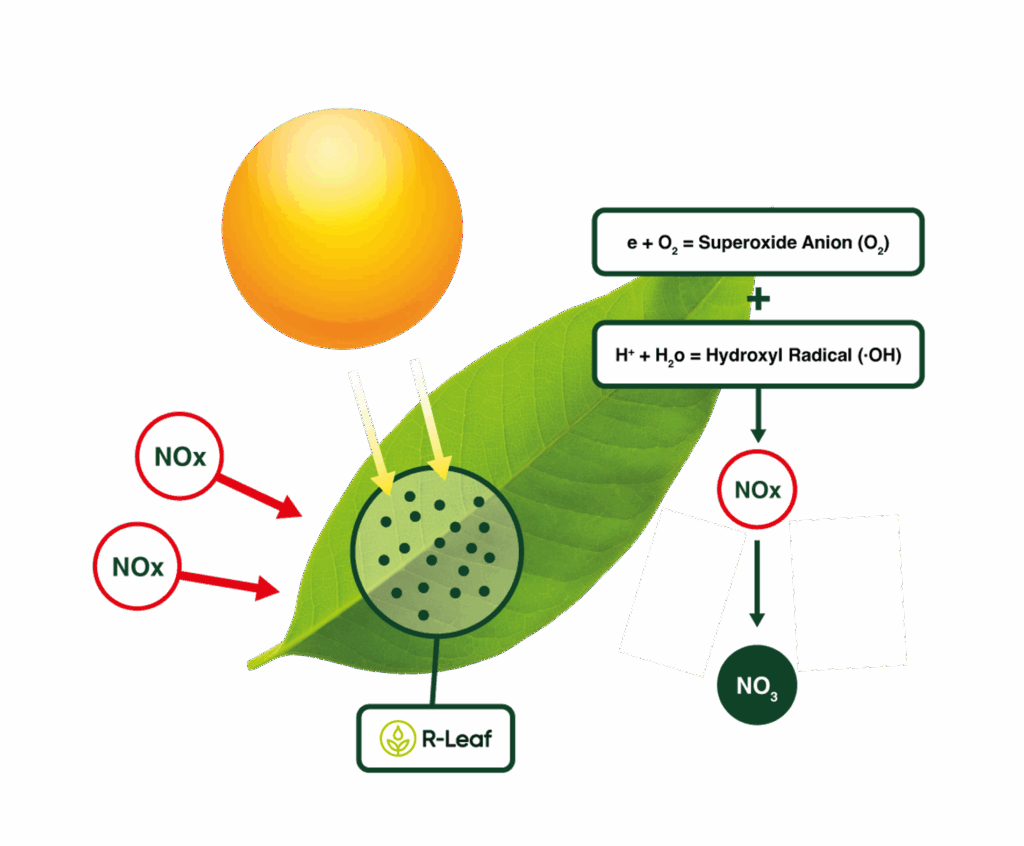
R-Leaf Benefits:
- Enhanced crop yield (independent trials in cereals under Good Experimental Practice Standards (UK) produced up to 6% increase in yield).
- Decreased need for synthetic N fertilisers use by 25% (c. 50kg/ha).
- Reduced carbon/environmental footprint and mitigated climate change through removal of 5.4 tons of CO2 eq. per year when R-Leaf is used at recommended rate of 2l/ha in cereals.
- Overall, R-Leaf moves the agricultural sector closer towards net zero emissions.
Project outputs:
- A validated R-Leaf/endophyte prototype capable of reducing synthetic nitrogen use by up to 50% in wheat farming.
- Field trial results that demonstrate the environmental and economic benefits of the R-Leaf/endophyte combination, particularly in terms of technology’s effectiveness of nitrogen fertilizer replacement without any yield compromise.
- Quantification and verification of the techno-economic and environmental impacts, including trial reports and methodologies. Quantification of benefits to the farmers, growers and other segments of the food supply chain.
- Educational and outreach materials, including workshops and publications to engage and inform farmers and stakeholders.
